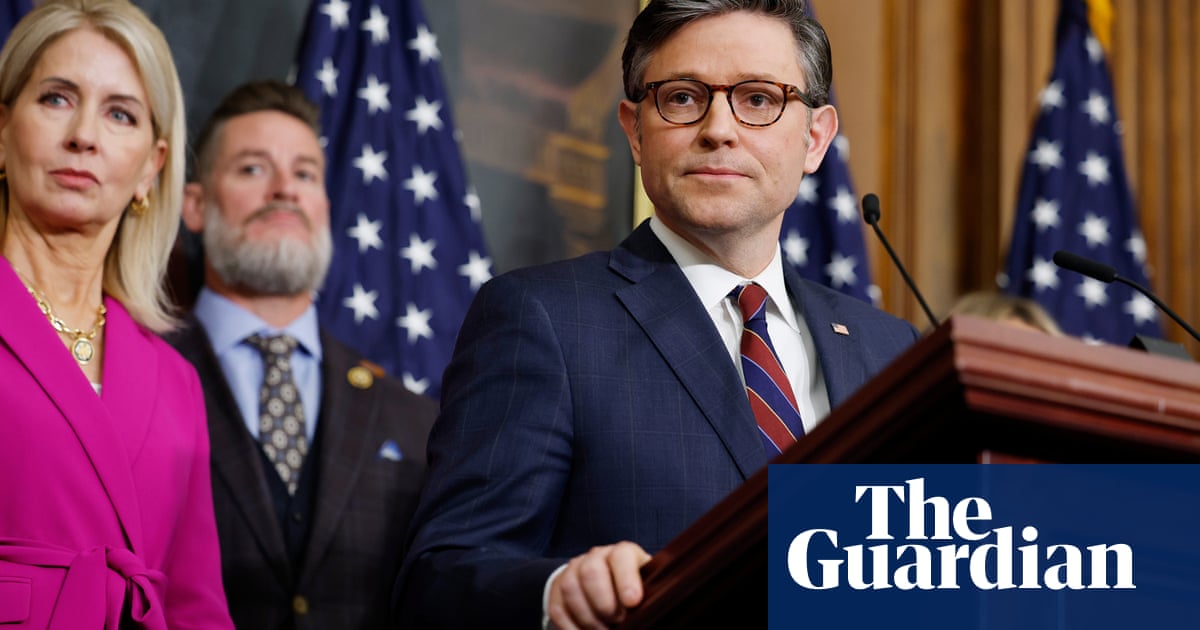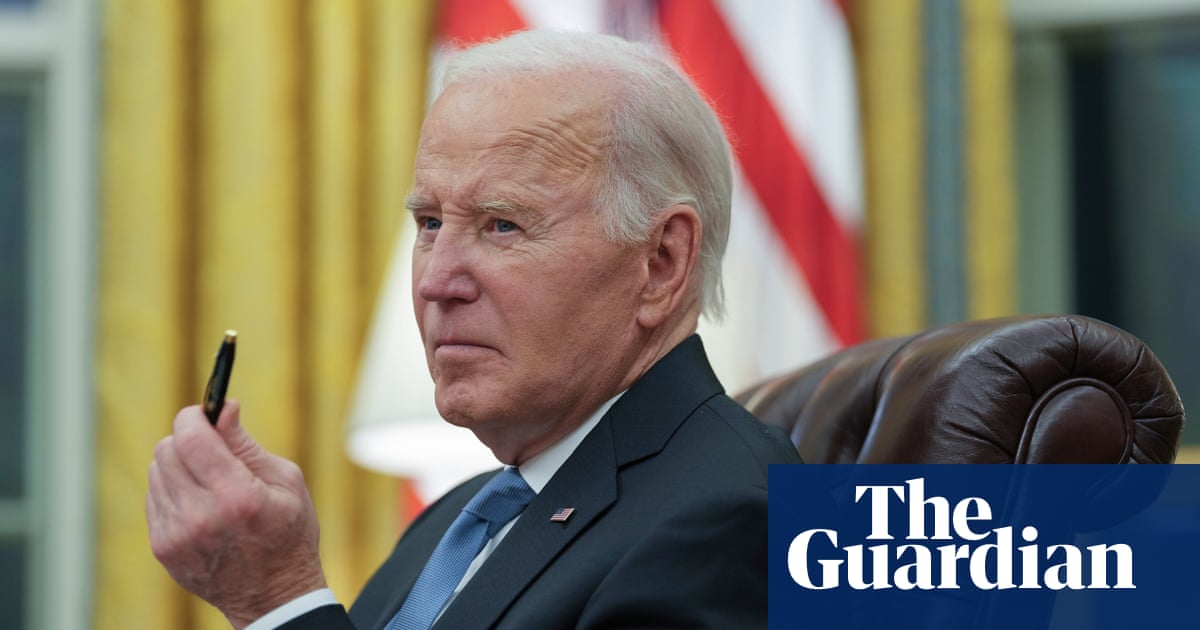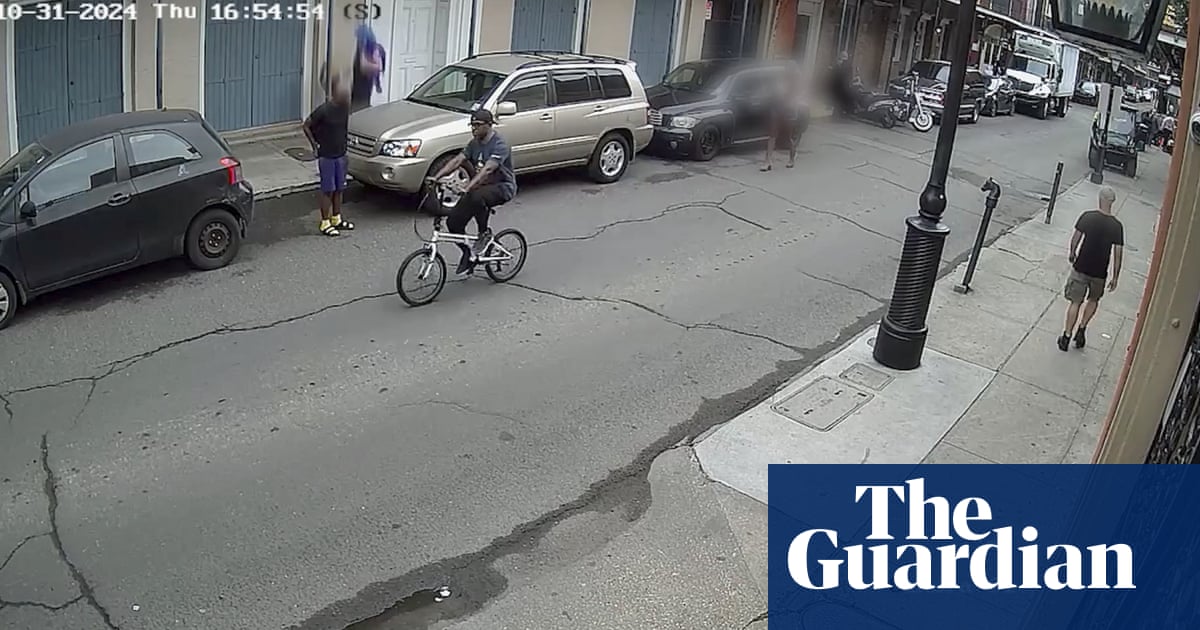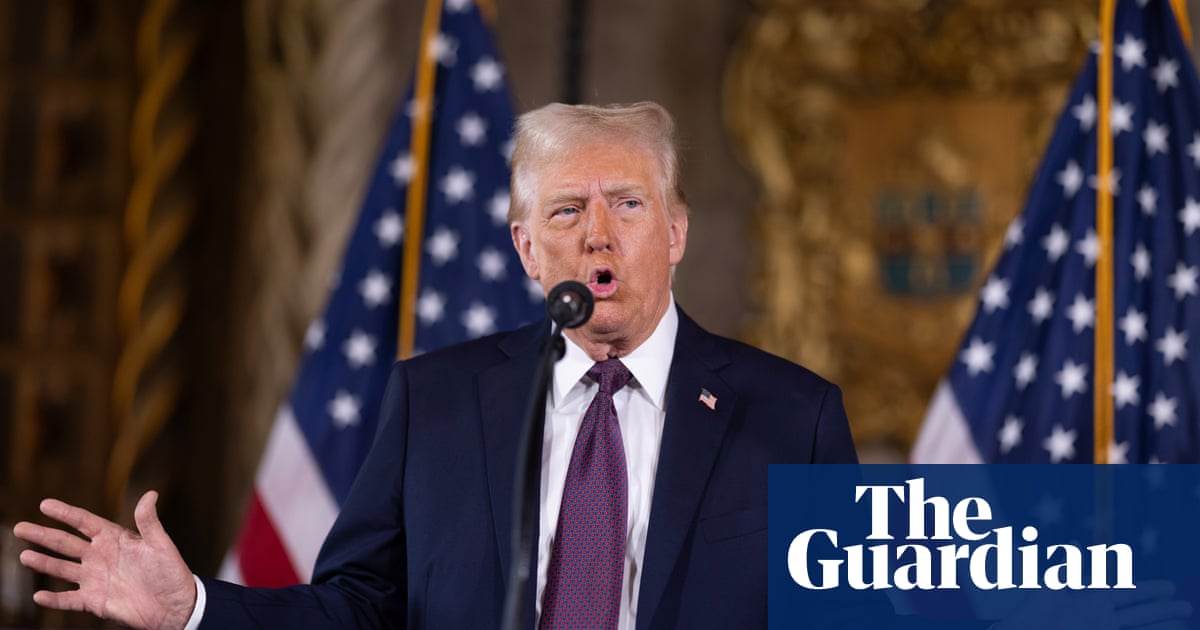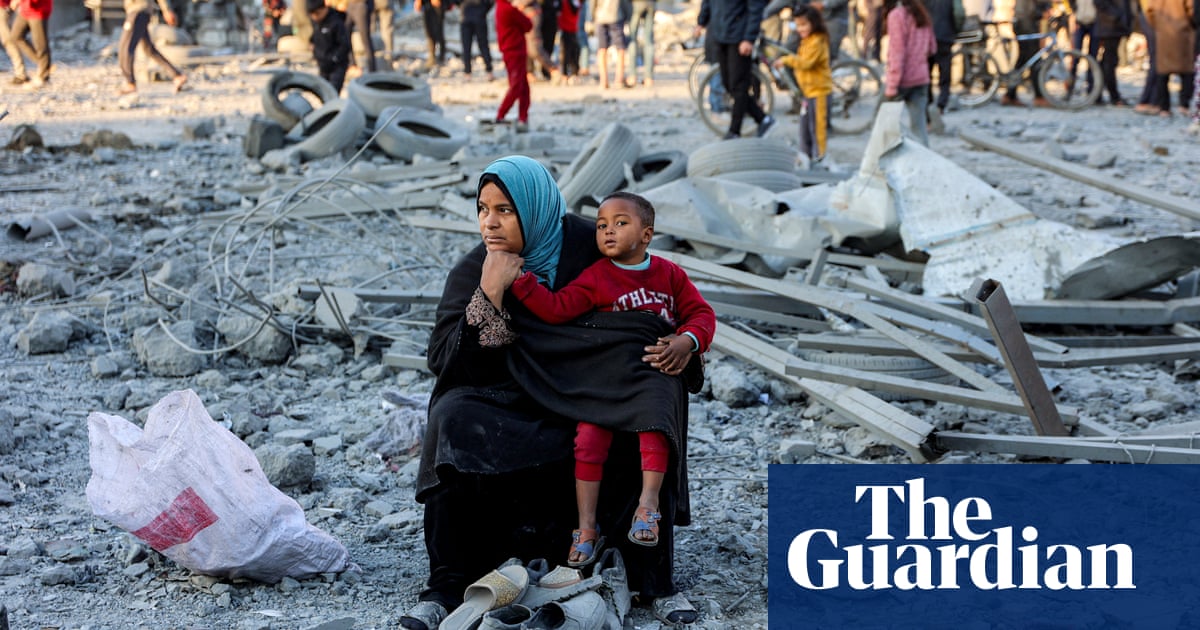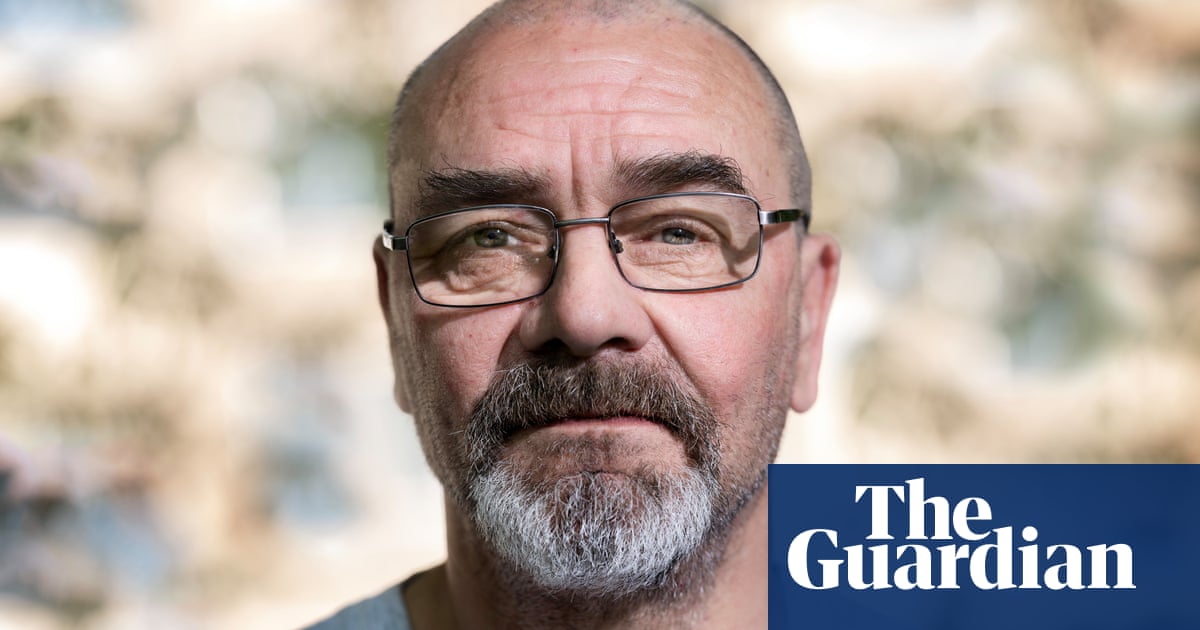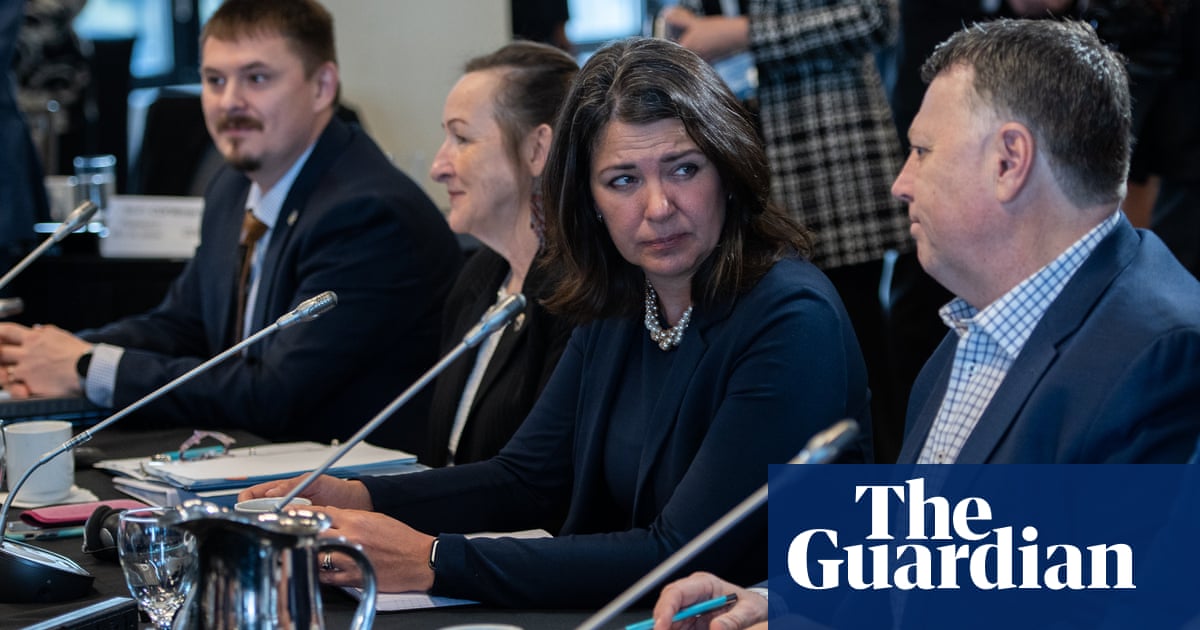Given, well … everything this week, you could be forgiven for never wanting to think about an election again. Which makes Conclave, a tense drama about the methodical, furtive, ruthless process of electing a new pope, sound like a tough sell for those reeling from the fact that over half the country voted for Donald Trump again. The film, starring Ralph Fiennes as the cardinal tasked with overseeing the sequestered voting bloc, embeds with the rarefied, insular elite of a storied and embattled institution – the Vatican – ostensibly concerned with the future of said institution. And its subjects are, fittingly, highly fallible men prone to bouts of detrimental self-interest, particularly in the power struggle of choosing a new leader.
And yet, this is movie I’ve been telling people to see this week, as a small act of buying time to think about anything other than our dismal national future, and as a portrait of how shifting circumstances can lead people’s decisions to places you would not initially predict. It’s not that the film, adapted by Edward Berger (All Quiet on the Western Front) and Peter Straughan from the bestselling novel by Robert Harris, is escapist, per se. This fictional conclave has stakes that map on to the real world, be it for the Catholic church or US politics – broadly, a struggle between returning to (generally whitewashed) tradition and forward-thinking acceptance, between intolerance and tolerance, all second to individuals’ barely concealed ambition.
To wit, there’s a conservative wing of the church, led by Goffredo Tedesco (Sergio Castellitto), an Italian reactionary who detests the church’s multiculturalism and believes it has been on the wrong path since it abandoned the Latin mass in the 1960s. Fiennes’s Thomas Lawrence is allied with Aldo Bellini (Stanley Tucci), the leading liberal candidate, who seeks to modernize the church and maybe even (gasp) let women participate more. There are echoes of the Republican party’s efforts at diversity in Joshua Adeyemi (Lucian Msamati), a Nigerian cardinal who lends an old strain of bigotry a progressive face; he would become the first Black pope, as well as a representative of virulent homophobia. Jacob Tremblay (John Lithgow), embodies your typical politician – smooth-talking, unsettlingly confident, eminently ambitious, his views flexible to the power source of the moment. And Vincent Benitez (Carlos Diehz), a Mexican secretly made archbishop of Kabul by the late pope, represents the dark horse candidate; he is unknown to the Vatican insiders, but his aura of mystery and quiet charisma steadily earn votes.
You can imagine who suffers in our world outside the film’s burrowing focus on these sequestered voters, depending on who wins this election. But Conclave is not concerned with the consequences so much as the process, luxuriating in the logistical details – who makes the food, where the cardinals stay, what’s in the travel bag of toiletries each is provided. How gossip flitters through the halls, how momentum shifts with each vote tally. It’s fittingly old-fashioned, high-stakes drama, finding thrills, oddly enough, in a process that has been anything but joyful.
Many political or media experts have rightly cautioned against the American media’s penchant for so-called horserace journalism – framing candidates as “catching up” or “falling behind” as votes are tallied, providing a false equivalency to wildly different ideologies, flattening stakes through an obsessive focus on polls. There’s an addictive adrenaline to election coverage, particularly on the day, that no longer feels salient nor right for the stakes of the choice that faced Americans, for what is all but likely to happen to the country. Conclave, with its lush set pieces – a cleverly recreated Sistine Chapel, the so-called “Room of Tears” bedecked in lush red fabric, closeups of beautifully gilded vestments – and many rounds of voting (one must secure a two-thirds majority to become pope, and voting continues until then) filmed for maximum suspense, provides a safe outlet for viewing elections as a sinfully enjoyable spectacle.
What happens during the conclave is what happens whenever a group of people are sequestered and asked to make a decision, be it at the Vatican, a corporate summit or on a reality show like Survivor. Allegiances forge and crumble, power shifts via perception, new depths of ambition, pragmatism and biases are revealed. People’s highest ideals give way to base instincts for power, control and self-interest; only some are recovered. Unforeseen current events – the Vatican’s version of an October surprise – clarify morals and harden regressive stances.
With each round of voting, the camera tightens on individual faces, the cardinals hovering pens over slips of paper, each coursing with suspense, anger, ambition, doubt, guesswork, last-minute gut instincts. You never know which way it’s going to go. For most, whether it’s in a ballot box or the Sistine Chapel with an oath before God, voting is ultimately an emotional decision, based on limited perceived information in one’s immediate vicinity. It is confounding, and also obvious and, in Conclave, painfully entertaining.
-
Conclave is out in US cinemas now and in the UK on 29 November

.png) 2 months ago
12
2 months ago
12


